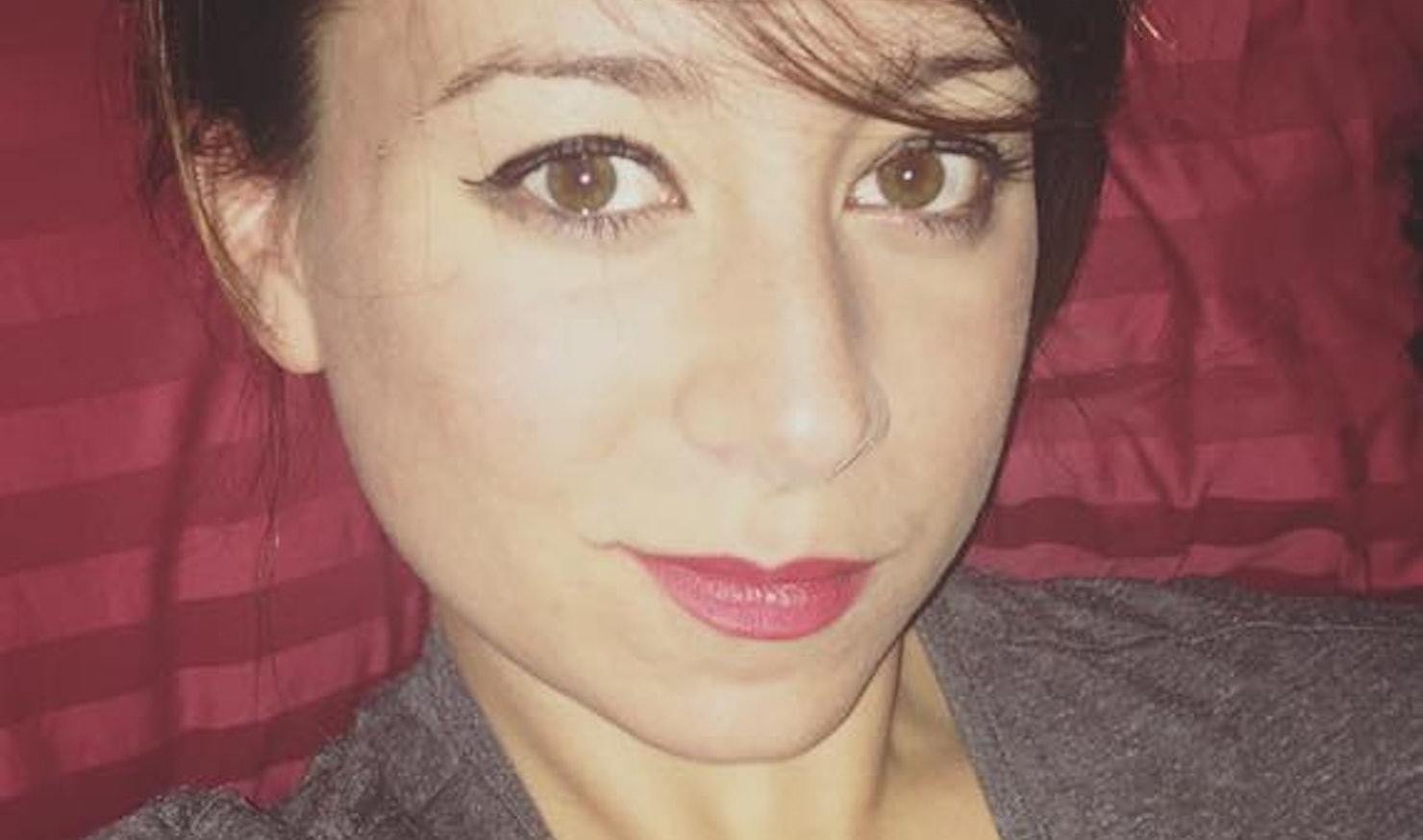Rosa Clemente: How I Came to Know and Appreciate My Blackness As An Afro-LatinaPosted in Articles, Autobiography, Latino Studies, Media Archive, United States on 2017-02-26 01:39Z by Steven |
Rosa Clemente: How I Came to Know and Appreciate My Blackness As An Afro-Latina
Atlanta Black Star
2017-02-23
In 1993, I was a student at the State University of New York-Albany when Dr. Marta Moreno Vega came to speak on our campus. Until that evening, I had never heard the term Afro-Latina. In fact, I had just learned what it meant when someone said “African descendant.” See, even though I had grown up in NYC and Westchester County, respectively, and completely embraced and understood that I was Puerto Rican, it was not until I went to college that I began to get to know who I truly was.
The year before, I had joined the Albany State University Black Alliance and, through my involvement with peers who were racially and politically conscious, I was exposed to the true history of mi gente (my people). This awakening of my racial consciousness would lead me to become an Africana Studies major and, to this day, I have been a scholar-activist in the field of Black studies. For me, it became clear that I was an African descendant, so I began to devour anything and everything I could, not only to learn the truth of who I was but also to confront the lies I had been told by my teachers, family and TV…
Read the entire article here.






